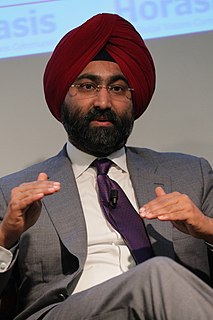A Quote by Ginni Rometty
If you ask me, 'So what is your business model?' Our business model's always about shifting to higher value opportunities.
Related Quotes
A lot of people will say, "what's Facebook's business model?" I always find that a kind of funny question. Our business model is out there, which is: we monetize largely through advertising and a little bit through the gift revenue, the virtual gifts we have on our site. I think those continue to be the most promising avenues going forward.
Generally, the technology that enables disruption is developed in the companies that are the practitioners of the original technology. That's where the understanding of the technology first comes together. They usually can't commercialize the technology because they have to couple it with the business model innovation, and because they tend to try to take all of their technologies to market through their original business model, somebody else just picks up the technology and changes the world through the business model innovation.
































